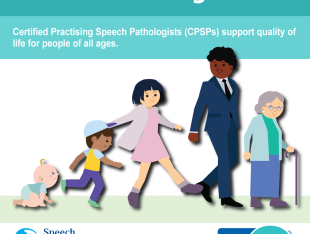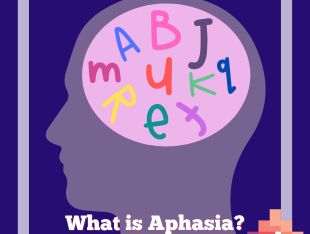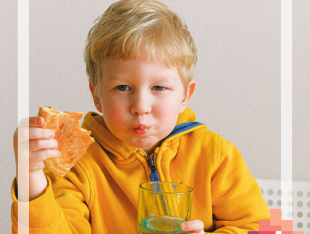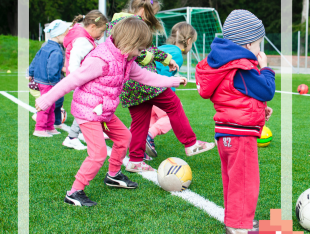Allied Health
-

Balance is an important part of physical well-being, as it impacts our ability to perform daily tasks and navigate the world with confidence.
Read More -

Sleep is often undervalued in today’s society, with many people sacrificing hours of rest for work, entertainment, or even social events. However, the importance of sleep shouldn’t be ignored as it plays a crucial role in maintaining our mental and physical well-being.
Read More -

Each year Speech Pathology Australia hosts Speech Pathology Week to raise awareness of those in our community who have a communication disability. The week highlights the important role that speech pathologists play in assisting Australians living with a communication disability.
Read More -

Have you ever wondered how an occupational therapist decides the most suitable plan of action when working with a client?
Part of it comes down to the Person-Environment-Occupation (PEO) model framework. As every person is different, the PEO model is critical in tailoring an individual’s service needs.
Read More -

With the colder weather starting to set in, it can be harder and harder to stay motivated to complete physical activities or even get out of the house!
Read More -

Life can be busy, and sometimes it can feel like everything is just go-go-go!
But no matter what’s going on in your life, it is important to remember to take a moment and let yourself be in the present.
Read More -

June is Aphasia Awareness Month.
More than 140,000 Australians live with aphasia.
Aphasia is described as a loss of language skills. It is often caused by a stroke, head injury, tumours, infections or inflammation in the brain, and it can affect each individual differently.
Read More -

If your child is 0-7 years old and is currently accessing NDIS through the early intervention pathway, you probably hear the NDIS talk a lot about the ‘Key Worker’ and having a ‘Key Worker’, but what is it?
Read More -

Many people have food they like and food they don’t, but for neurodivergent children and adults, this can extend into sensory needs that make some foods safe and others stressful to eat.
Read More -

What a big week ahead of us… not only are kids about to start School Holiday’s, but the AFL ‘Gather Round’ starts tonight!
Australia has a strong sporting culture, with people usually getting involved from a young age.
Sport is an important part of life, especially for children, with the benefits of physical activity invaluable. This is the same for children with disabilities.
Read More

